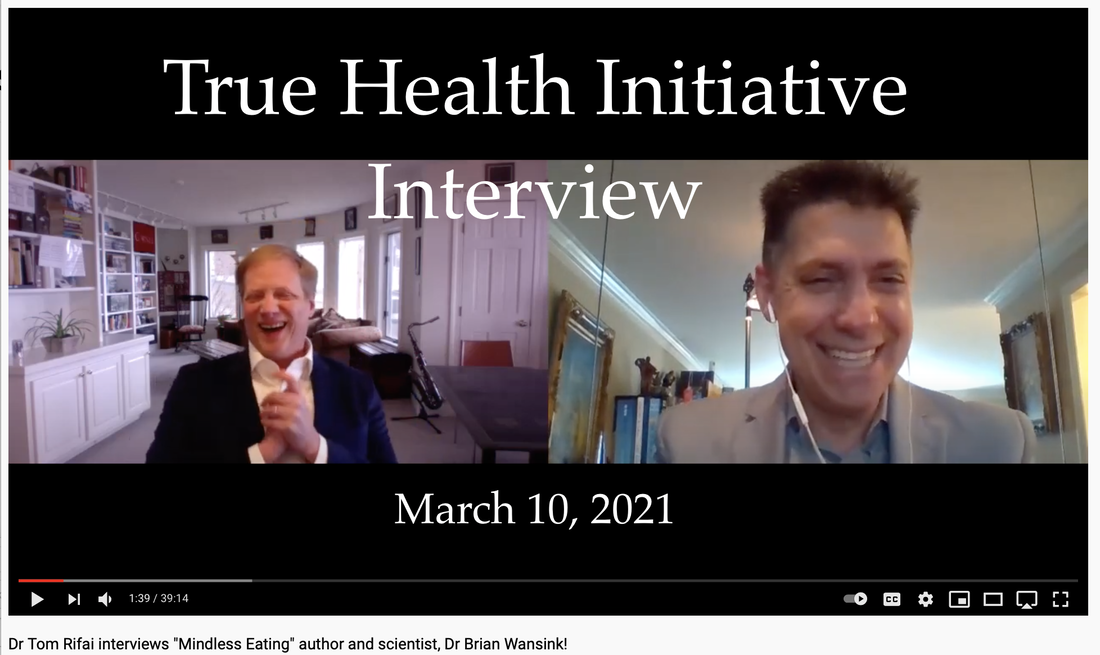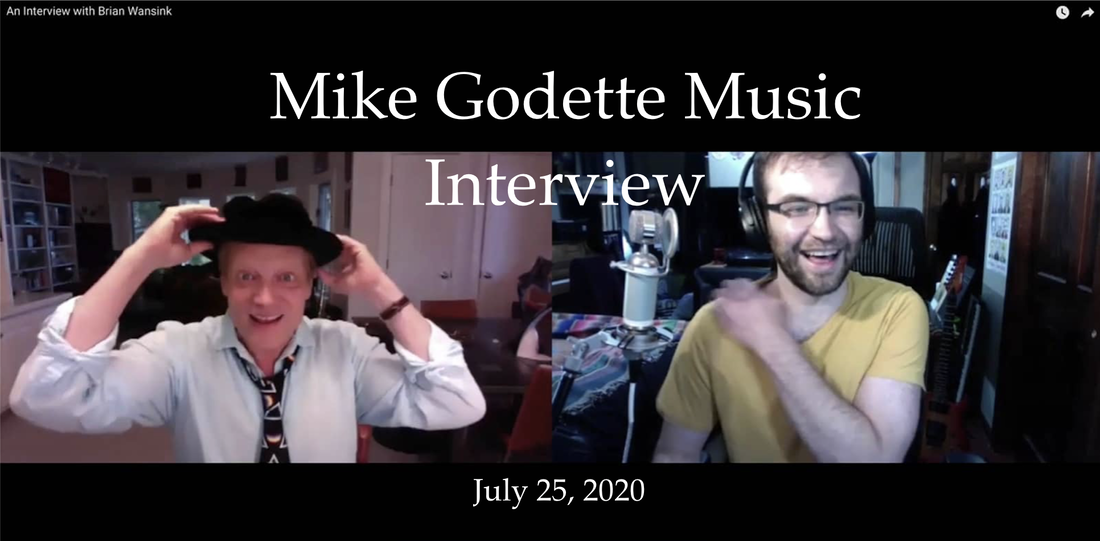|
There once was a legendary, larger-than-life professor. If Marvel’s 137th movie of this year is named UltraProf, it would be based on John Shank. He taught a dry subject (think Accounting), but his charisma and his orchestration of his class made each class session seem like 60-person David Mamet plays. Every class had passion, drama, and some surprising reveal at the end that people still talked about ten years later. Here’s a quote:
Although the opposite is true, some believed he was only about style. This is because he wore Brooks Brothers braces, walked with a MVP swagger, drove a Dartmouth green sports car, and he had a runway model wife who was like some VP of Finance somewhere. His office was professionally-decorated with French draperies, super-thick Dartmouth green carpeting, and a massive 18th century French desk which sat in the middle of the room so his desk chair could face the doorway. Even his two huge perfectly groomed dogs were effortlessly well-mannered. On Saturdays he’d come to work, and they’d sit on either side of his desk and face the door. They were like lions on either side of a throne, and he was like Odin . . . or John Wick. His dogs keep eternal vigilance. My dog wets on me and then licks my face. This was 1992. Because he had about the highest MBA teacher ratings at Dartmouth's Tuck School and I had about the lowest ratings, he let me sit in on his classes so I could suck less . . . so I could learn better teaching strategies and classroom management skills. One Saturday during a Tuck alumni reunion, I stopped by his office and told him I had overheard some alumni who were still talking about what they had learned in a class they had taken with him 10 years earlier. He looked up over the top of his half-glasses, and said, “That’s what they’re supposed to do. It means I’ve done my job.” He said his goal isn’t to teach students to get a great first job (or to, analogously, get a high score on the GRE or MCAT), his goal is to teach them to succeed for wherever they will be in 10 or 20 years. Although he got outstanding teaching ratings, he brushed them off by saying that teacher ratings mainly measured the moment – they mainly measured the warm feelings a student had at the time. Ratings might capture style (which he was very good at), but they may not always measure long-term substance. I regret that I never had the presence of mind to ask him how he did it -- how he knew what long-term impact to aim at. Since he was on boards and did a lot of consulting with upper management, I suspect he taught his courses like he was teaching board members and upper management. That is, when he was teaching, he treated them like they were high level managers. That’s one way to do it. Ten or fifteen years after I left Dartmouth I was in Boston, and I rented a car to drive up to visit John. I wanted to thank him for being so generous, and I wanted to prove to myself that his office, desk, and dogs were as amazing as I remembered them. There was a different name on his door. I was too late. I later learned John Shank had passed away in 2006 in a car accident in Southern California. I love the idea of trying to teach for a long-term impact. It’s like trying to create long-term memories. I sometimes think I can remember everything John said to me because he was always so intentional with every conversation. Just like he was with his classes. At the next reunion, if his former student’s aren’t talking about what they learned 30 years ago, they’ll be talking about how hard he tried. That itself was a great lesson.
4 Comments
"The summer's over and I didn't get anything done."I’ve heard this every August, and I’ve said this almost every August. Whenever I’ve asked professors and PhD students what percent of their planned work they got accomplished over the summer, no one has ever said “All of it.” Almost everyone says something between 25 to 35%. Everyone from the biggest, most productive super stars with the biggest lab to the most motivated, fire-in-their-belly PhD student with the biggest anxiety. We are horrible estimators of how productive we’ll be over the summer. I was in academia for 35 years (including MA and PhD years), yet every single summer I never finished more than 30% of what I planned. How can we be so poorly calibrated? We never learn. We never readjust our estimate for the next summer. Next summer we’ll still only finish 25-35% of what we planned to do. There are only two weeks in the year when I’m predictably down or blue. It’s the last two weeks of August. It’s not the heat (I mostly stay indoors). It’s not the impending classes (I love teaching). It’s not all the beginning of semester meetings (I loved my colleagues and loved passing notes to them under the table). Ten years ago, I realized that I felt down the end of every August because I had to admit “school’s starting and I haven’t gotten jack done all summer.” The beginning of school is the psychological end of the Academic Fiscal Year. One solution to our August blues lies in understanding what times of the year we do like most, and to see if we can rechannel those warm-glowy feelings to August. If you had to guess the #1 favorite time of the year for most academics, you’d probably guess “The end of school.” The #2 favorite time of the year you might guess would be the “Winter or Christmas break.” What would you guess the third favorite time of the year is? Surprisingly, I’ve heard people say it’s when they turn in their Annual Activity Report. That’s the summary they turn into their hard-to-please Department Chair that summarizes what they’ve accomplished in the prior 12 months: What they published, who they advised, what new things they’ve started, what new teaching materials they’ve created, and so forth. Snore. How could writing an Annual Activity Report be a highlight? Because it shows in black-and-white that we didn’t sleep-walk through the year. It reminds us that the publication that we now take for granted was one that we were still biting our nails about last year at this time. It reminds us of our advises who were stressing over their undergraduate thesis a year ago and who have now happily graduated. It reminds us of the cool ideas we've into hopeful projects -- ideas we hadn't even thought of a year ago.. Going back in a 12-month-ago time machine shows us what we did accomplish. It turns our focus toward what we did – and away from what we didn’t. Once we cross things off of our academic To-do list, we tend to forget we accomplished them. August might be a good time to do a mid-year AAR. It might not turn our August blues into a happy face yellow, but might at least turn it to green. A green light for a great new school year. Have a tremendous school year. |
Welcome!Here are some tips, tricks, and secrets on how you and your family can eat to be healthier and happier. They're based on over 30 years of our published research.
Fun InterviewsMost Visited Last Month• For You
• Smarter Lunchrooms • The X'Plozionz Band • Help your family • Kitchen Scorecard • Retracted papers • Grocery secrets • Do kids inherit taste? • Be healthier at work • How not to retire • Estimating calories • Restaurant Secrets • Syllabus template Top 2024 Downloads• Kitchen Makeover
• Smarter Lunchrooms • Smarter Lunchroom Scorecard • Grocery Shopping Hacks • Restaurant Secrets • Write a Useful Syllabus • Workplace Wellness Tips • Healthy Profitable Menus Categories
All
|






 RSS Feed
RSS Feed